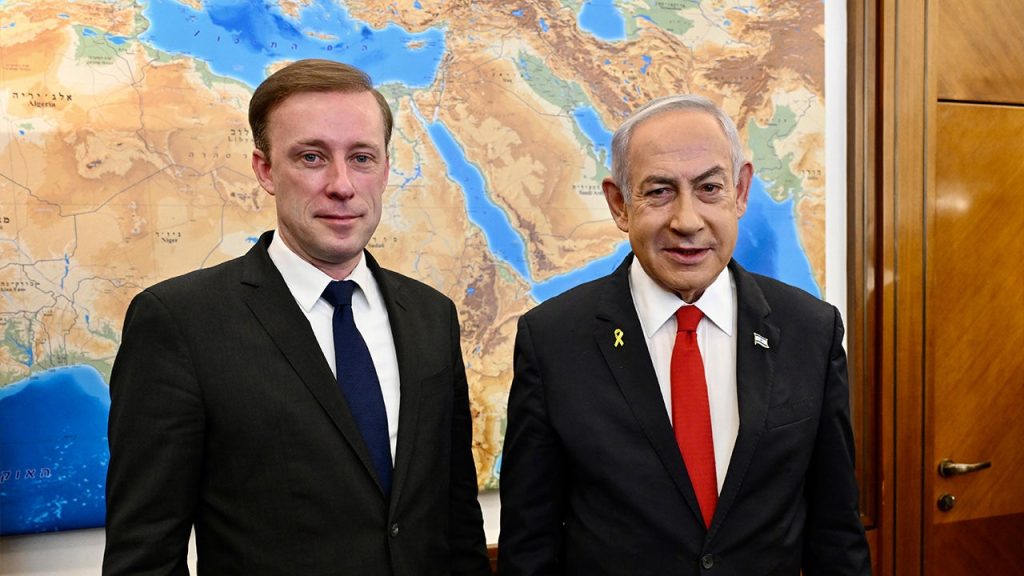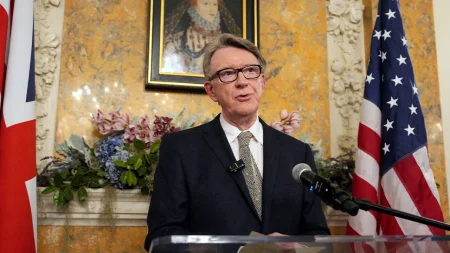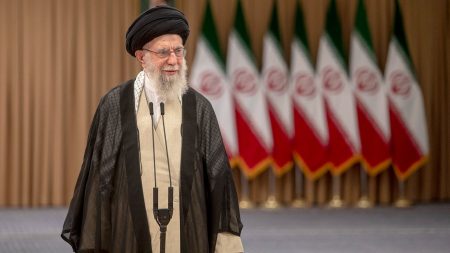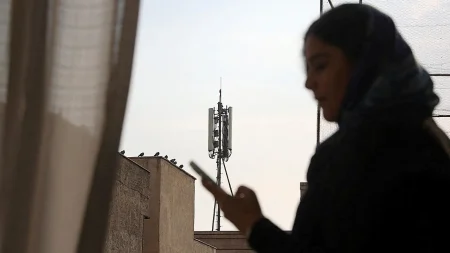Paragraph 1: The Current State of Hostage Negotiations
White House National Security Advisor Jake Sullivan expressed optimism following a meeting with Israeli Prime Minister Benjamin Netanyahu, stating that Netanyahu is "ready to do a deal" to secure the release of hostages held by Hamas in Gaza. Sullivan conveyed Netanyahu’s desire to finalize the deal within the current month, dismissing speculation that negotiations were being delayed until after the upcoming U.S. presidential inauguration. This comes after over 430 days of captivity for the hostages, following the October 7, 2023 attacks in Israel. The renewed hope for a deal stems from a recent cease-fire agreement between Jerusalem and Hezbollah, suggesting a potential shift in regional dynamics that could influence Hamas’s stance.
Paragraph 2: Hamas’s Reported Concessions and Outstanding Issues
Recent reports indicate Hamas has made concessions on two key Israeli demands: allowing Israeli Defense Forces (IDF) soldiers to remain in Gaza during a pause in fighting and dropping its demand for a permanent end to Israel’s campaign. Furthermore, Hamas has reportedly provided a list of hostages, including Americans, to be exchanged under a cease-fire pact. However, critical details remain unresolved, including the exact number of hostages Hamas is willing to release and the specific identities of those included on the list. Of the seven American hostages still held in Gaza, the fate of three remains uncertain, adding to the complexity and urgency of the situation.
Paragraph 3: Pressure from Hostage Families and the International Community
Families of the hostages, both in the U.S. and Israel, have intensified their pleas to Netanyahu for a truce and the hostages’ safe return. Their urgency has escalated following the collapse of a previous cease-fire deal in late summer, which tragically resulted in the death of American hostage Hersh Goldberg-Polin and several other hostages intended for release. The United Nations General Assembly has also weighed in, passing a resolution calling for an immediate and unconditional cease-fire and the release of all hostages. While this resolution is non-binding, it reflects the international community’s growing concern and desire for a resolution to the crisis.
Paragraph 4: The United States’ Position and Diplomatic Efforts
The United States, while supporting the ultimate goal of a cease-fire and hostage release, voted against the U.N. resolution. The U.S. argued that the resolution sends the wrong message to Hamas, potentially undermining the need for negotiation. Instead, the U.S. emphasized the importance of continued diplomatic efforts and applying pressure on Hamas to engage constructively. Sullivan’s upcoming travels to Qatar and Egypt underscore the U.S. commitment to finding a diplomatic solution through regional partnerships.
Paragraph 5: Assessing Hamas’s Shifting Posture and the Role of Hezbollah
Sullivan noted a perceived shift in Hamas’s negotiating stance following the Lebanon cease-fire, suggesting that the agreement may have weakened Hamas’s reliance on Hezbollah’s support. This change in dynamic could create an opportunity for progress in the hostage negotiations, as Hamas may be more inclined to engage directly with Israel and mediators without relying on external backing. The potential weakening of the Hamas-Hezbollah alliance may offer a window for leveraging diplomatic pressure and achieving a resolution.
Paragraph 6: The Path Forward and Remaining Challenges
While recent developments offer a glimmer of hope, significant challenges remain in securing a lasting cease-fire and the safe return of all hostages. The complex negotiations require careful coordination between Israel, Hamas, and international mediators, with the U.S. playing a crucial role in facilitating communication and applying diplomatic pressure. The unresolved details regarding the number and identity of hostages to be released continue to present a hurdle, and the volatile nature of the conflict requires sustained effort to maintain momentum and prevent further escalation. The success of these negotiations hinges on all parties demonstrating a genuine commitment to finding common ground and prioritizing the humanitarian imperative of bringing the hostages home.















